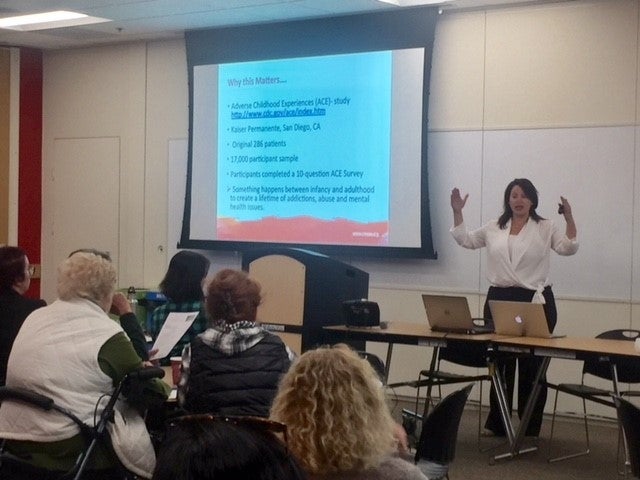In contemporary discourse, the notions of healing and restorative justice have garnered significant attention, not only within legal frameworks but also in the broader societal context. The Bahá’í teachings provide profound insights into these themes, suggesting that a holistic approach to justice is essential for lasting social transformation. This discourse will explore how Bahá’í principles underpin the quest for restorative justice and healing, elucidating essential questions and reflections that arise from these teachings.
The quest for justice is not merely a desire for retribution; rather, it encompasses a deeper aspiration for healing. Observations reveal that traditional punitive systems often exacerbate societal rifts, perpetuating cycles of pain and resentment. The Bahá’í teachings advocate for a paradigm shift—a movement from punitive justice to restorative practices that emphasize reconciliation and healing. This leads to the first pivotal question: How can we cultivate a justice system that prioritizes healing over retribution?
The Bahá’í writings propound that humanity is fundamentally interconnected. Each individual’s existence is interwoven with the tapestry of community life. This intrinsic interconnectedness introduces the idea that harm inflicted upon one member inevitably affects the collective whole. Hence, a restorative approach seeks not only to address the immediate consequences of wrongdoing but also to mend the communal fabric. This notion prompts a critical inquiry: In what ways can communities engage in collective healing processes, thereby fostering a more cohesive society?
Moreover, the Bahá’í teachings resonate with the concept of accountability, but this notion is reimagined through the lens of moral obligation rather than mere punishment. The emphasis is on acknowledging the impact of one’s actions and fostering authentic contrition. The second inquiry surfaces: How can an individual embrace accountability in a manner that facilitates both personal and communal healing?
Integral to the healing process is the concept of forgiveness, which occupies a central place in Bahá’í thought. Forgiveness is not simply an act of letting go; it is a transformative journey that can liberate individuals from the shackles of anger and resentment. This leads to the next profound question: What roles do compassion and forgiveness play in the healing journey of both victims and perpetrators in the realm of justice?
In a world marked by division, the pursuit of unity serves as a guiding principle within Bahá’í philosophy. Such unity does not imply the absence of conflict but instead acknowledges that diverse perspectives are essential for a comprehensive understanding of justice. Hence, a pertinent reflection is: How can dialogue and understanding between conflicting parties promote restorative outcomes, fostering deeper relationships even in the aftermath of wrongdoing?
Furthermore, the Bahá’í teachings advocate for the systemic transformation of societal structures to eliminate the root causes of injustice. This holistic view posits that merely treating the symptoms of conflict is insufficient; rather, the underlying systemic inequities must be addressed. In this light, a critical question arises: What structural reforms are necessary to dismantle the barriers that perpetuate injustice and impede restorative processes?
Education is another cornerstone of the Bahá’í approach to justice. It is viewed as a catalyst for fostering awareness and understanding, essential ingredients for restorative justice. This underscores a profound question: How can educational initiatives, grounded in the principles of empathy and compassion, equip individuals to engage in restorative practices effectively?
The exploration of these questions invariably leads to a recognition of the importance of community engagement in the restorative justice process. For healing to occur, communities must actively participate in the restoration and reintegration of those who have caused harm. This participation engenders a supportive environment that nurtures healing. Hence, we ask: What mechanisms can be established to facilitate community involvement in restorative justice initiatives?
Furthermore, the role of spirituality in the healing journey cannot be understated. The Bahá’í teachings underscore the significance of spiritual development, emphasizing that personal transformation is integral to broader societal change. Spirituality provides a framework for understanding justice as a divine attribute, thereby injecting a moral and ethical dimension into the discourse. This prompts the inquiry: In what ways can spiritual practices contribute to personal and collective healing in the context of restorative justice?
Ultimately, navigating the path toward restorative justice necessitates a commitment to continual reflection, learning, and adaptation. The dynamic nature of human relationships requires that justice be approached with fluidity rather than rigidity. This leads to the final consideration: How can individuals and communities cultivate a mindset of adaptability and openness in their pursuit of restorative practices?
The Bahá’í teachings illuminate a compassionate path towards justice that transcends conventional understandings. By prioritizing healing, accountability, forgiveness, and community engagement, the principles of restorative justice align seamlessly with the vision of a harmonious society. As we contemplate these questions, we invite a deeper exploration of the transformative potential inherent in restorative justice, driving us toward a more equitable and unified humanity.
